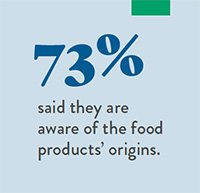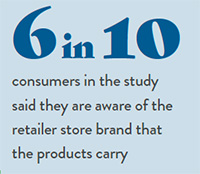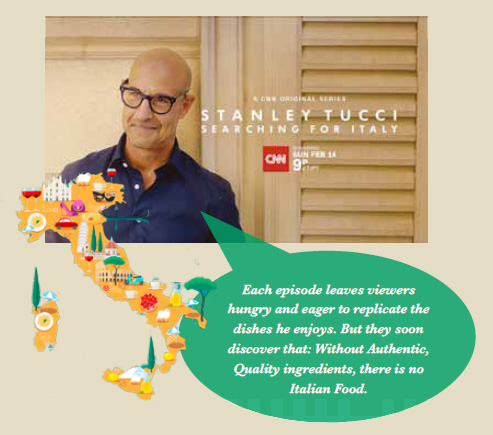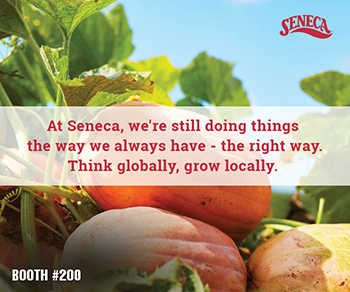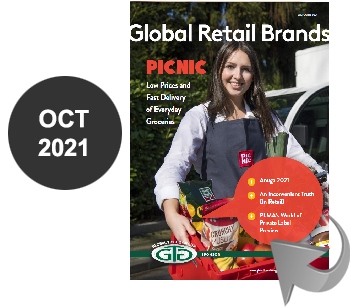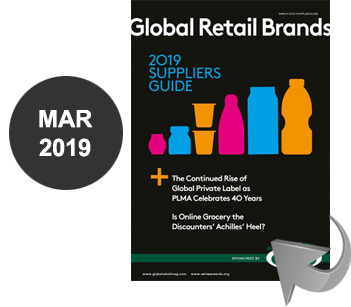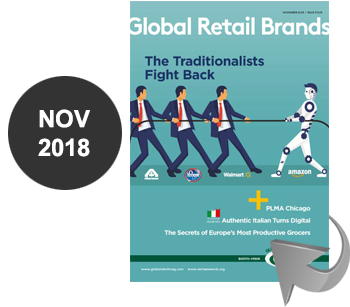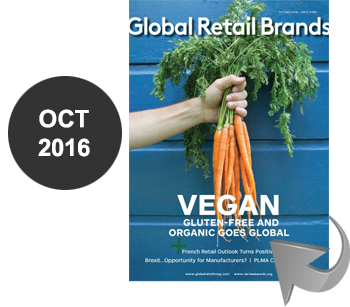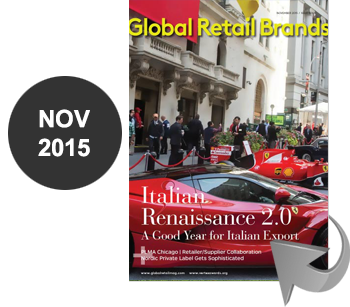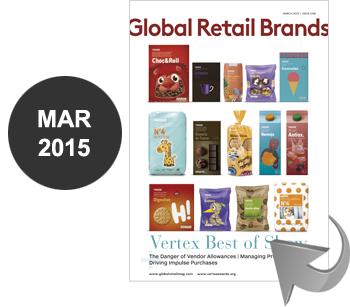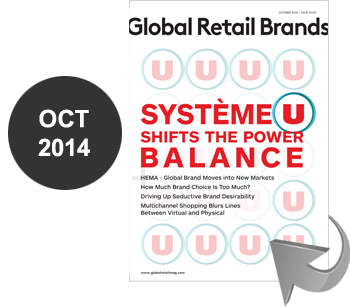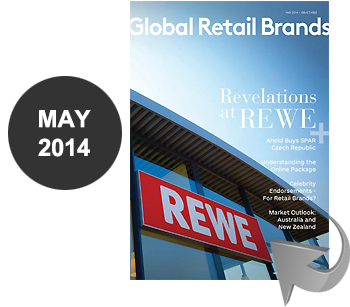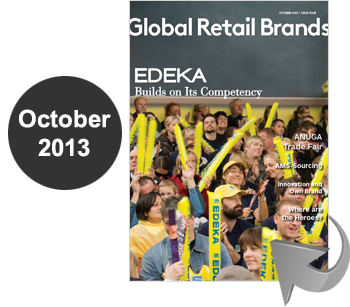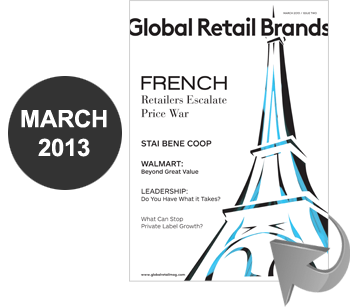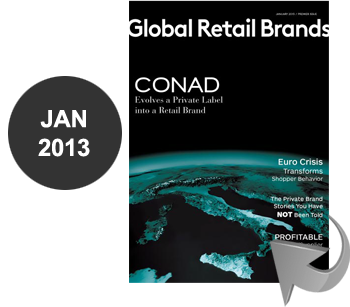Mangia!
There is an enormous opportunity for retailers to connect with their customers and improve their margins by optimizing their Italian Private Label offering. What’s even better is that there’s no need to reinvent the wheel and embark on this journey alone, ITA has years of experience working with retailers and suppliers in developing programs that connect suppliers to retailers and retailers to consumers. This special feature explores these opportunities and shares some insight from retail colleagues who work with ITA.
Consumers Are Ready
There is a growing consumer push from American consumers to add value through “authenticity” in the purchase of their food and wines according to a survey conducted by Surveylab, a global leader in customized online research, on behalf PLMA (Private Label Manufacturers Association) based in New York. The study involved some 800 women and men from throughout the US who identified themselves as the principal grocery shopper in their household.
The survey revealed that shoppers are highly aware of the availability of international food products in their favorite supermarkets and food stores, can readily identify dozens of them on the shelves and can easily associate the products with specific countries and national and regional cuisines.The 2020 survey also documented that consumers have strong opinions about the product qualities and features that appeal to them, and that they demonstrate a strong willingness to buy international food products for the first time.
A majority of American shoppers say they can identify the country of origin of all the food products in their supermarket, and more than half said they are aware of the country where all of their supermarket’s food products are grown, produced or manufactured. An even higher percentage of millennials and Gen Z, both at 73%, said they are aware of the food products’ origins.
American consumers want more international food products in their stores. Nearly half in the study said that compared to five years ago there are now more international food products available in their favorite supermarket or food store. One in four said there is the same number available in their store. More than one-third would like to see their favorite supermarket or food store offer more international food products. The percentage who want more of them is higher in younger groups in the study: Gen Z (56%) and millennials (50%).
More than a quarter always or frequently purchase an international food product when they do their regular grocery shopping at their favorite supermarket or food store. Half of millennials and a third of Gen Z respondents buy international food products at that rate when they shop. Among all in the study, 43% said they buy at least one or two international food items when they shop, while another 22% said they buy three or more food items each time they shop.
Four in ten said international food products are generally priced higher than similar domestic food products in their favorite supermarket or food store. One in four said international food products are priced about the same; one in five said the pricing varies.
Three in ten of all consumers in the study said they purchase an international food product of any kind frequently or occasionally online. Among younger generations in the study the degree of online purchase of an international food product increases sharply: to 53% of Gen Z respondents and 51% of millennials.
Besides their favorite supermarket or food store, consumers also buy international food products at other types of stores, including mass merchandisers (cited by 38%), specialty food stores (30%), club stores (28%), low price stores (21%), neighborhood ethnic stores (20%), dollar stores (15%), local specialty food stores, such as deli, bodega (14%), and farmer’s market (12%).
When they shop for international food products, six in ten consumers in the study said they are aware of the retailer store brand that the products carry. Younger groups demonstrate an even greater awareness of the retailer’s store brand: millennials (74% are aware) and Gen Z (67%). In a related question, half replied that when they shop for international food products, they are aware of “any brand” that they carry. Millennials were more brand conscious: Two-thirds of them said they were aware of any brand.
The features of an international food product that consumers find appealing when they are considering its purchase include taste (69%), quality (48%), authenticity (36%), exotic flavor (33%), uniqueness (28%), packaging (19%), size or amount (19%), unusual ingredients (16%), and performance (12%).
Private label products have become a key to success for many retailers seeking to differentiate themselves from their competitors. Today, more than ever, consumers are demanding fromv their retailers a greater selection of products across multiple price points, This choice plays into the hands of those retailers who will provide options for those shoppers who might not be big spenders but still insist on quality and value.
It is no secret that Americans love Italian specialty products. In another recent YouGov survey, 88% of U.S. consumers said that they like Italian food, making it the country’s most popular non-American type of cuisine. While many Americans are most familiar with pizza, there also is the fact that pasta, sauces, and olive oil have become pantry staples nationwide and the demand for these items, in particular, for products sourced from Italy.
U.S. consumers, now more than ever, are looking for new premium-quality authentic offerings at the right price points. Retailers are increasingly realizing that they can import products from Italy and offer a high-quality product in a way that maintains similar margins to those seen by retailers who use domestic products.Look to Italian private label products for outstanding quality and manufacturing tradition at the right price point. Your success will be guaranteed, especially with this sort of support.
Stanley Tucci Jr, the American born Actor/Director is beginning the third season of his extremely successful TV show, Searching for Italy. In this series, Mr. Tucci eats his way through Italy’s food diverse regions. He emmerses himself in the local food cuture to uncover the secrets of the world’s greatest cuisines. To no surprise to those who know, he reveals how local ingredients drive each regions meals. Whether he is enjoying a Pizza Margarita in Napoli, or a Ragu in Bologna or hunting for tartufo in Piedmont, he makes one thing abundantly clear. It’s the ingredients that define a region’s food culture.

